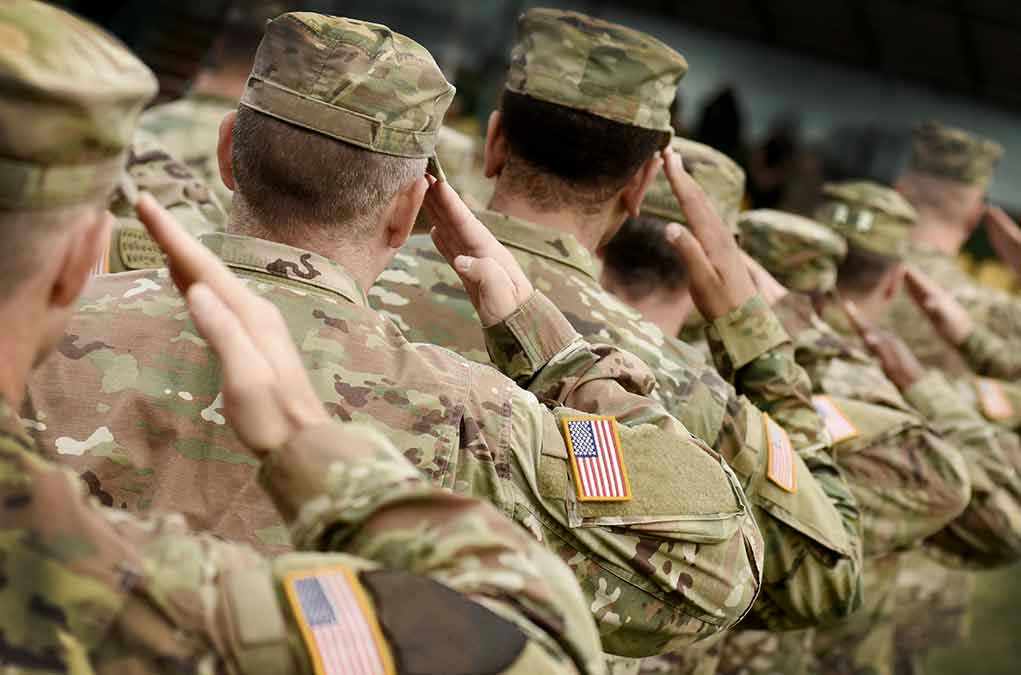
President Trump has authorized the unprecedented deployment of US military forces to combat Latin American drug cartels in the Southern Caribbean, marking the most aggressive anti-cartel operation in decades.
Story Highlights
- Trump orders direct military action against cartels designated as terrorist organizations
- US air and naval forces deploying to Southern Caribbean for maritime interdiction
- Operation targets Sinaloa Cartel, Tren de Aragua, and other major trafficking networks
- Strategic shift from law enforcement cooperation to active military engagement
Trump Escalates War on Cartels
President Trump quietly signed orders in early August 2025 authorizing military deployment against Latin American drug cartels following their February designation as global terrorist organizations. The Pentagon began deploying air and naval assets to the Southern Caribbean Sea on August 14, targeting specially designated narco-terrorist organizations including Mexico’s Sinaloa Cartel and Venezuela’s Tren de Aragua. This represents the first direct U.S. military action against non-state criminal organizations in the region, abandoning decades of reliance on law enforcement cooperation for active combat operations.
Military Assets Focus on Key Transit Routes
U.S. Southern Command has deployed at least two warships with supporting aircraft to patrol critical drug trafficking corridors through the Southern Caribbean. The operation centers on maritime interdiction and intelligence gathering along Venezuela’s northern coast, where cartels exploit weakened state control and corruption. Defense officials emphasize the mission targets trafficking routes used to smuggle narcotics and facilitate illegal migration flows that directly threaten American border security and national interests.
Strategic Expansion Beyond Counter-Narcotics
The deployment represents a broader strategic shift encompassing resource security and regional influence alongside traditional counter-narcotics objectives. Cartels have increasingly involved themselves in resource extraction including gold and oil operations, destabilizing regional economies and governance structures. The Trump administration has simultaneously expanded security agreements with Ecuador, Guyana, and Brazil, creating a comprehensive approach to combat transnational criminal networks threatening U.S. interests across multiple domains.
Regional Implications and Market Impact
Defense analysts describe the operation as a seismic shift in U.S. regional strategy, with significant implications for commodity markets and diplomatic relationships. The military presence has reached its highest levels in years, potentially disrupting cartel-linked resource extraction while boosting defense contractor opportunities in surveillance and naval technology sectors. However, the unprecedented use of military force against criminal organizations raises concerns about regional sovereignty and potential escalation, particularly with Venezuela viewing the deployment as a direct threat to its territorial interests.
And so it begins. The real Drug War.
We lost 265,000 Americans to fentanyl alone during the 4 year administration of Joe Biden.
Let's do this. This is what we voted for.https://t.co/DGuii1lFtl
— Fielding Melish (@melish_fie72934) August 14, 2025
This military deployment fulfills Trump’s campaign promises to take decisive action against the cartels responsible for flooding America with deadly fentanyl and facilitating illegal immigration. The operation demonstrates the administration’s commitment to protecting American lives and sovereignty through direct action rather than failed diplomatic approaches that allowed these criminal networks to operate with impunity for decades.
Sources:
Trump to Deploy Military to Southern Caribbean Targeting Drug Cartels
U.S. Deploys Forces To Take On Latin American Drug Cartels In The Southern Caribbean
Military Expansion Southern Caribbean Strategic Shift Reshaping Commodity Defense Markets




